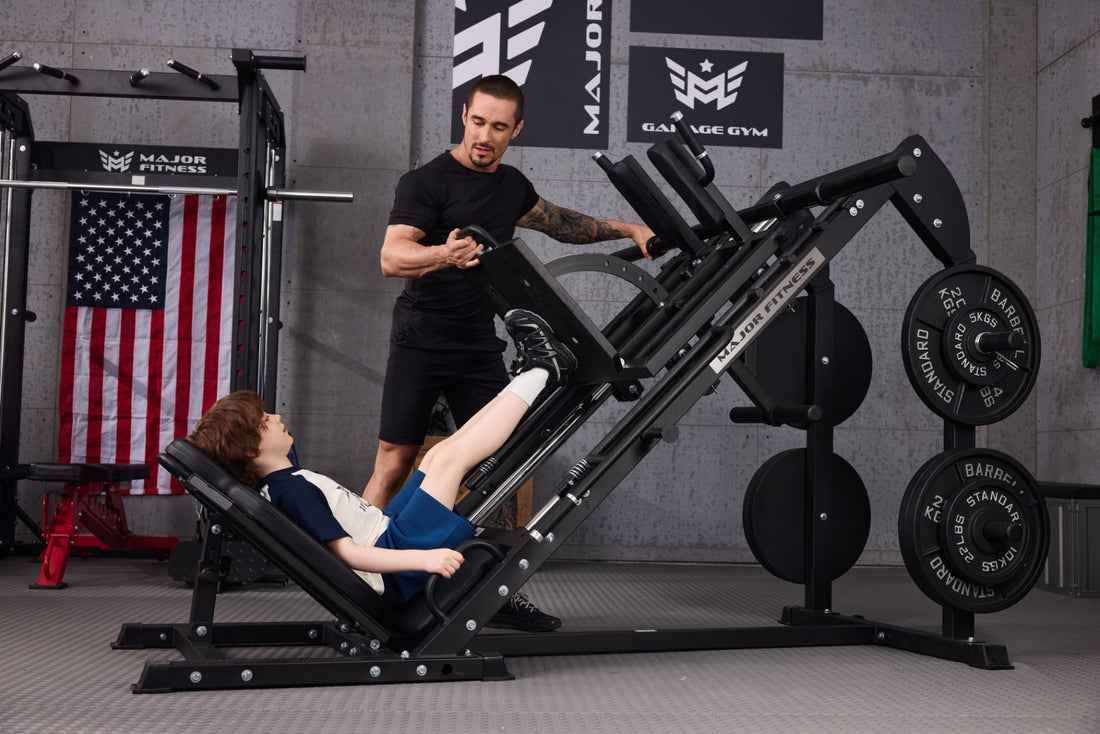
When it comes to building muscle, the conversation often revolves around protein-rich foods like chicken, fish, and eggs. However, carbs also play a crucial role in muscle development and recovery. One popular carb that many fitness enthusiasts are curious about is pasta. But is pasta good for building muscle? Let's dive into the science and evaluate its place in a muscle-building diet.
The Nutritional Value of Pasta
Pasta is primarily composed of carbohydrates, but it also contains modest amounts of protein and various essential nutrients. One serving (about 2 ounces) of cooked pasta typically contains:
- Around 200 calories
- Approximately 42 grams of carbohydrates
- 7-8 grams of protein
- 1 gram of fat
- Important vitamins and minerals such as B vitamins, iron, and folate
The high carbohydrate content makes pasta a great option for fueling intense workouts, while its protein content can contribute to muscle repair and growth.
Why Carbohydrates Matter
Carbohydrates often get a bad rap in some diet circles, but they are essential for anyone looking to build muscle. Carbs are the body's primary source of energy. When you engage in strenuous physical activity, your body depletes its glycogen stores. Consuming adequate carbs post-workout helps replenish these stores, making it easier for your body to recover and build muscle. Pasta provides a quick and efficient way to get the carbs you need.
Protein: The Building Block
While pasta is not a protein powerhouse, it does contain a significant amount that can complement your overall protein intake. Pairing pasta with high-protein foods like lean meats, fish, or legumes can make it a balanced meal ideal for muscle building.
Pasta and Amino Acids
Amino acids are the building blocks of protein, and not all protein sources are created equal. Pasta provides some essential amino acids, which help in muscle repair and growth. When combined with other protein sources, it can support your body's amino acid needs for muscle synthesis.

Whole Wheat vs. Regular Pasta
Not all pastas are created equal. Whole wheat pasta tends to be a better option for those looking to build muscle because it contains more fiber, protein, and nutrients compared to regular white pasta. Whole wheat pasta also has a lower glycemic index, meaning it releases energy more slowly and helps maintain more stable blood sugar levels.
Timing Matters
When you eat pasta can also significantly impact its effectiveness in muscle building. Consuming carbs like pasta before a workout can provide sustained energy, while eating it after a workout helps replenish glycogen stores and supports muscle recovery. Ideally, pairing pasta with a protein source in your post-workout meal can maximize muscle gains.
The Role of Portion Control
While pasta can be beneficial, portion control is essential. Overeating pasta can lead to an excess of calories, which might hinder your muscle-building goals by contributing to unwanted fat gain. A balanced diet that includes the right amounts of carbohydrates, proteins, and fats will most effectively support muscle growth.
Supplements and Pasta
Many people use supplements to aid in muscle building, but whole foods like pasta can also provide necessary nutrients and energy. Balancing your diet with both whole foods and appropriate supplements can maximize your muscle-building efforts.
The Major Fitness Leg Press Hack Squat Machine provides a stable track and support to fully activate the thigh and buttocks muscles, promote fat metabolism into muscle, and lead to muscle growth and strength improvement. Learn more.
Final Thoughts
So, is pasta good for building muscle? The answer is yes, but with some considerations. Including pasta in a balanced diet that incorporates other protein-rich foods can provide the energy and nutrients necessary for muscle growth and recovery. When consumed in the right portions and at the right times, pasta can be an effective component in your muscle-building journey.
If you're serious about building muscle and enjoy pasta, there's no reason to eliminate it from your diet. Use it wisely, pair it with the right foods, and you'll find it to be a valuable tool in your fitness arsenal.



















